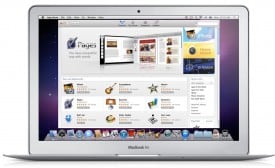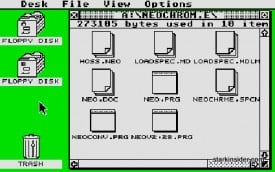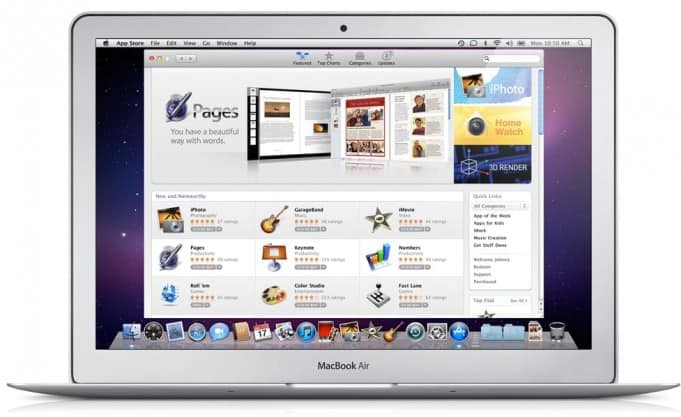
Cloud computing was the first step towards reducing the importance of the operating system. Now we’re a lot of eager beavers when it comes to downloading small, very useful so-called “apps.” So I wonder if the combination of the two, plus the shift towards mobile computing (laptops, smartphones, iPad) means the that the traditional operating system is going the way of the transistor radio?
Well, I don’t mean that the OS will completely disappear altogether. Something needs to provide baseline operation for the hardware, be it a car, fridge, or computer. But no doubt, it will change the way we think about computing.
In the 1980s the OS was the thing. With MS Windows, GEM, the Ataris ST TOS (The Operating System), Mac OS, CPM, and others it was the golden age for the birth of computing systems for the home. Most died of course. Today it’s a world dominated by Microsoft with Windows and Apple with Mac OS X. Google is coming on strong with Android, their mobile OS, and I expect them to do the same with whatever other variants they soon release.

Over 90% of my workday takes place inside a browser, with another 5% related to espresso, driving and Kit-Kats. Somewhere, I find time for meetings, business development and sales too. That leaves a remaining 5% of my time where I’m not using applications driving via a browser — QuickBooks primarily, Skype, etc. But if those too were available in Google Chrome then I’d use them in a flash. Large, lumpy code on my C: drive is increasingly fraught with nuisance. Code takes space, is prone to viruses/hacks, and needs to be constantly upgraded to take advantage of new features.
Back to the Mac App Store. So what’s the different? Yes, they’re smaller, inexpensive, but apps are still code. They still sit on the device.
The difference is perception.
As we become accustomed to niche applications — downloading the smallest of apps for the tiniest of functions, we’re slowly moving towards the uber-personalized operating system. Yours will be completely different than mine. Fundamental operations will be driven by the apps, not the core OS as in days gone by.
The other difference is social.
Apps create community. Now we can read comments about an app, review ratings. All in one place. Microsoft Office, it’s been nice to know you.
Operating systems will continue to exist. A device can’t operate without one. But the intelligent layer and all of the capability that makes our day productive or entertaining will come from the micro-segmentation that apps deliver.
The Mac App Store is a harbinger of things to come for everyday computing, and these are, once again, the early days.


